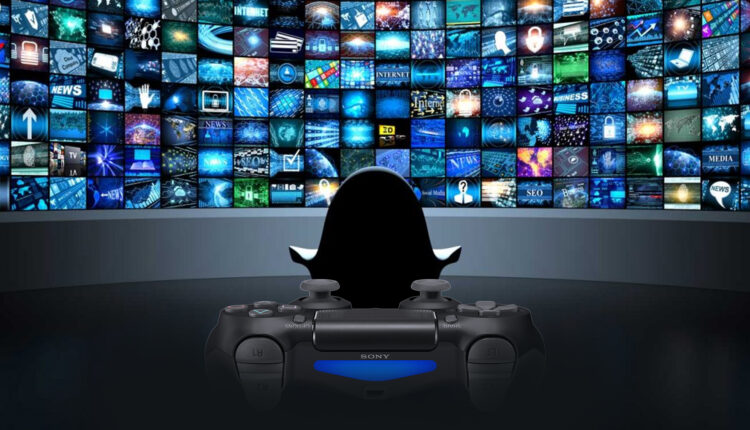Lost art of active listening
By Tavleen Kour
“Hey, are you even listening?”
“Can you stop scrolling for a second?”
“Can that picture wait?”
If you’ve ever felt compelled to say these words to a friend or loved one during a conversation, you’re not alone. In today’s hyperconnected world, attention has become one of the rarest commodities.
How many times have you been interrupted mid-conversation, irritated enough to say, “Would you please just listen first?” or “Are you even listening?”
Welcome to the age of distraction, where screens often take precedence over human connection. We crave constant gratification through an endless stream of digital content. Sitting down and focusing on just one thing now feels almost impossible. We’re always reaching for our phones, wanting to know what’s happening on social media or what we’re missing out on elsewhere.
A human being hears between 20,000 and 30,000 words each day. According to a 2024 study — The State of Business Communication* by Harris Poll — 64% of 253 surveyed business leaders believed that effective communication improves team productivity, and 55% of knowledge workers agreed.
We are all constantly distracted. Think about it: when was the last time you sat with a friend or sibling and had a deep, uninterrupted conversation — without any digital devices in the way?
Active Listening: The Invisible Superpower.
So, what can we do about it? One powerful tool — often overlooked — is active listening. It’s a quiet superpower that can transform our relationships and conversations. When we truly listen, we don’t just hear the words; we pick up on the speaker’s tone, behaviour, emotions, and personality.
I have a nephew who doesn’t study much at home and doesn’t go for tuition either, yet he still scores fairly well in exams. One day, I asked him, “How come you score well without studying much at home?” He casually replied, “I remember what the teacher taught me in class — it just stays with me.”
Research shows that immediately after a conversation, most people remember only half of what was said. After two days, that retention drops to just 25%.
Why Listening Could Save a Life
Active listening is especially important in today’s emotionally fragmented world — where people, especially young individuals, often suffer silently. We hear too many heartbreaking stories of children and adults struggling with mental health, feeling isolated, unheard, or misunderstood.
Listening helps us sympathize and empathize. It allows us to connect, clarify confusion, and de-escalate conflicts. In arguments, we tend to raise our voices — but very few of us truly pause to listen.
When we actively listen, we engage. We comprehend. We don’t interrupt, jump to conclusions, or judge too early.
One study found that 70% of employees who lack effective listening skills are more prone to misunderstandings, missed opportunities, mistakes, and strained relationships — both personally and professionally.
In personal relationships, people who listen more tend to be happier. They interrupt less, judge less, and avoid unnecessary conflicts.
Listening Isn’t Silence — It’s a Skill
Active listening doesn’t mean speaking less — it means speaking after you’ve truly heard and understood the other person. You show genuine interest, but you wait for your turn to contribute thoughtfully.
Think of a good podcast, like The Raj Shamani Podcast. Notice how he asks a question, then listens. He nods, smiles, and reacts with genuine expressions. That’s how it’s done. Once he listens, he builds on the guest’s response with meaningful follow-up questions, making it a smooth, engaging dialogue.
Now, think of an interview where the host constantly interrupts the guest. At some point, you likely feel frustrated — maybe even angry — because the speaker is not being allowed to finish.
Here’s where many people confuse listening to understand with listening to reply. When you’re simply waiting for your turn to speak, you’re not really absorbing what’s being said. But when you listen to understand, you connect deeply with the speaker’s thoughts — not just your own opinions.
Final Thought: Be the One Who Listens.
In a world where everyone wants to be heard, be the one who listens. Active listening is not just a communication skill — it’s a rare gift. One that has the power to heal, resolve conflicts, deepen relationships, and create a kinder, more connected world.
Author is a Communication Skills Expert, Soft Skills Trainer and Writer.


Comments are closed.